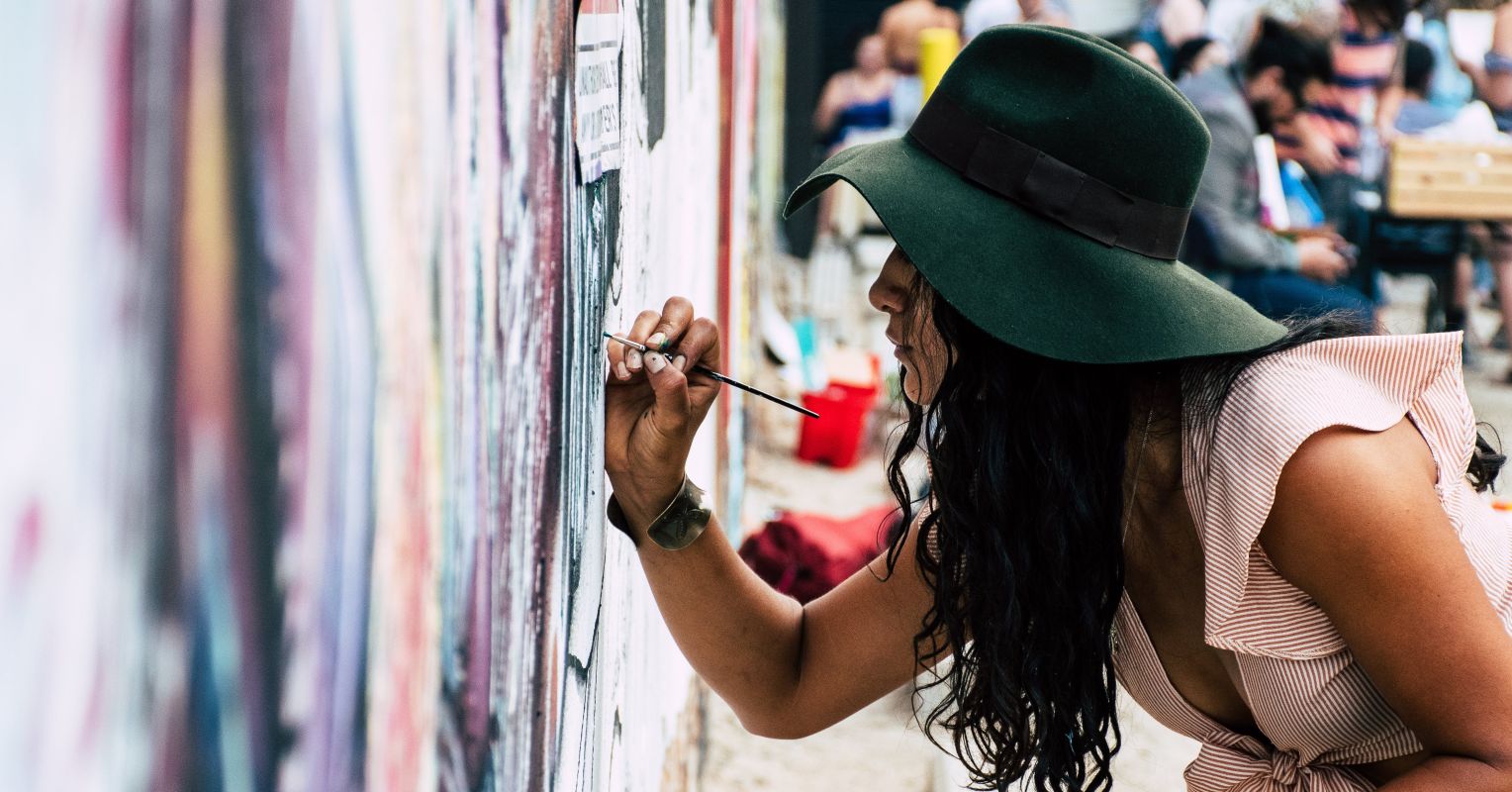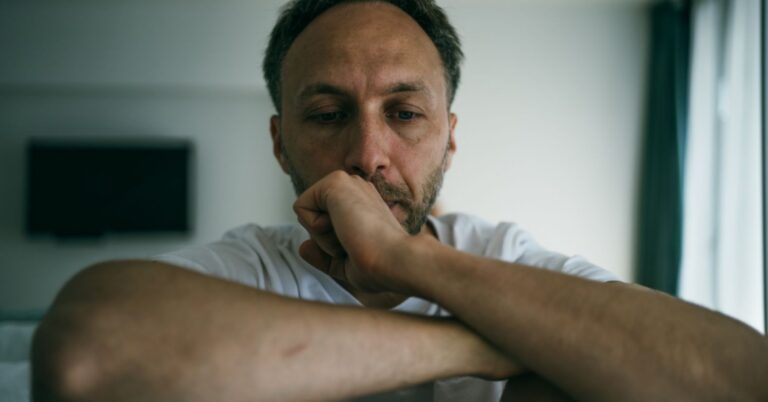I’ve been told that the key in therapy for an anxious person is to show them that anxiety is harmless. Anxiety paints people into corners; we call it avoidance. Therapists help get people out through exposure and other means. Got it.
When I’ve discussed this with clients struggling with significant anxiety, it’s normal to balk. Anxiety? Harmless? Then why am I here?
I get it.
I am an anxious person. Anxiety is in many ways like pain; it shoots through you, tells you something is wrong, and makes you want to make it go away—right now. In trying to paint it away, you can paint yourself into a corner. And that makes sense. If only the anxiety were to go away.
But, here’s the thing: trying to get rid of anxiety usually just serves to make us more anxious.
Plus, anxiety represents care.
We only become anxious about things we care about. Research shows that people with sociopathic tendencies often have a kind of maladaptive fearlessness (Cardinale et al., 2021). The only way to truly escape anxiety is to escape care for the things that matter to us. What a sacrifice. If we avoid it enough, anxiety can paint us into a corner.
In acceptance and commitment therapy, an evidence-based practice for approaching anxiety and other challenges, an alternative is offered. Rather than a relationship of fear with our anxiety, we are taught to step back from it, to refocus on what matters to us, to hold the anxiety lightly, and to move toward what we care about.
This approach is effective not only for clinical anxiety but also for helping us address the anxiety that comes with the array of fearful situations life presents us. A study of individuals living with leukemia found that those who received acceptance commitment therapy had a significant decrease in anxiety and an increase in positive coping when compared to a control group (Faryabi et al., 2020).
It doesn’t make anxiety pleasant, but in time we learn that we do not have to fear anxiety. Anxiety does not have the power to do any real harm.
Listening to anxiety, finding where it is coming from, and taking care of what we can is not always intuitive. Yet, in facing our anxiety we regain our reins.
If we allow anxiety to boss us around, it will paint us into a corner.
Ultimately, however, we can choose where we want to place the paint. There are uncertainties and problems that we (at least I) cannot fix. Anxiety doesn’t feel good. Still, it’s a worst weapon against us and is also a gift, a drive to create something new.





















+ There are no comments
Add yours